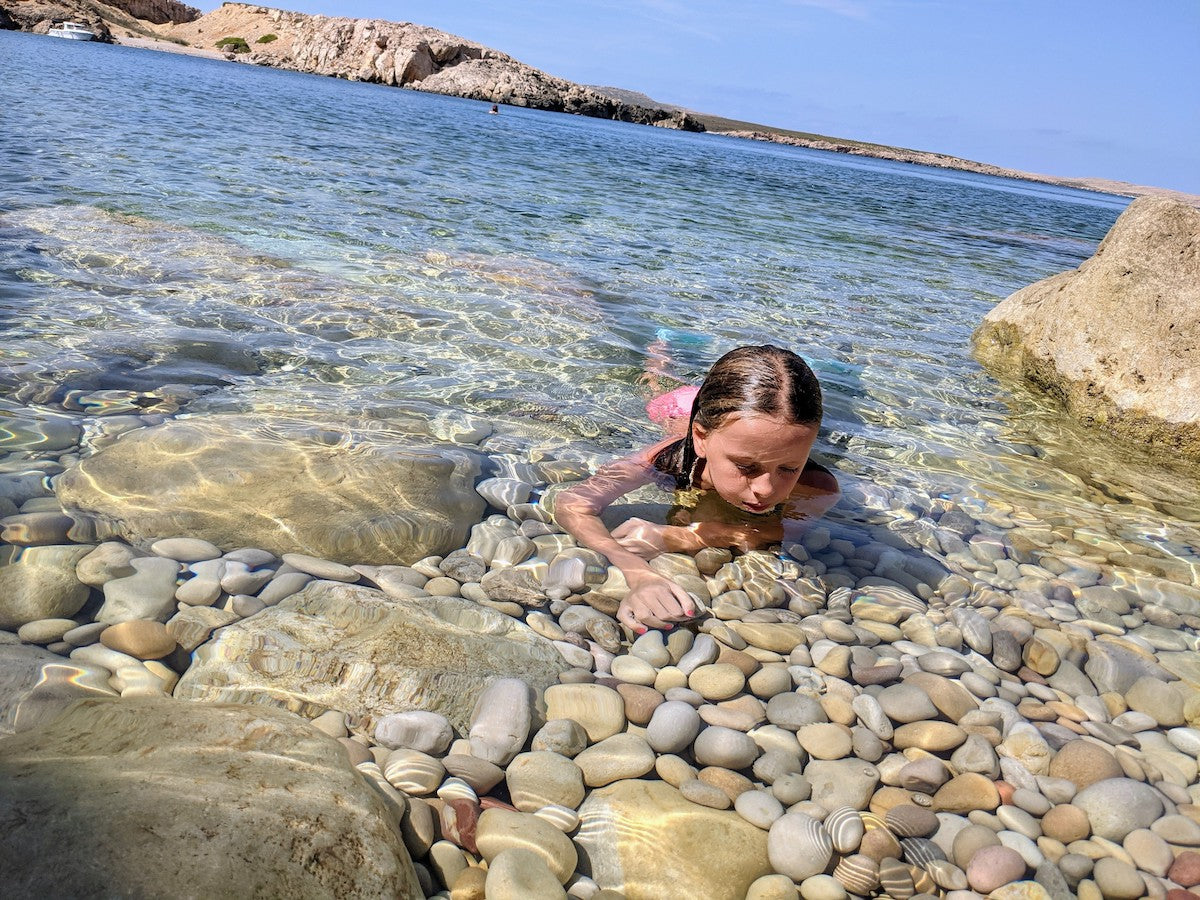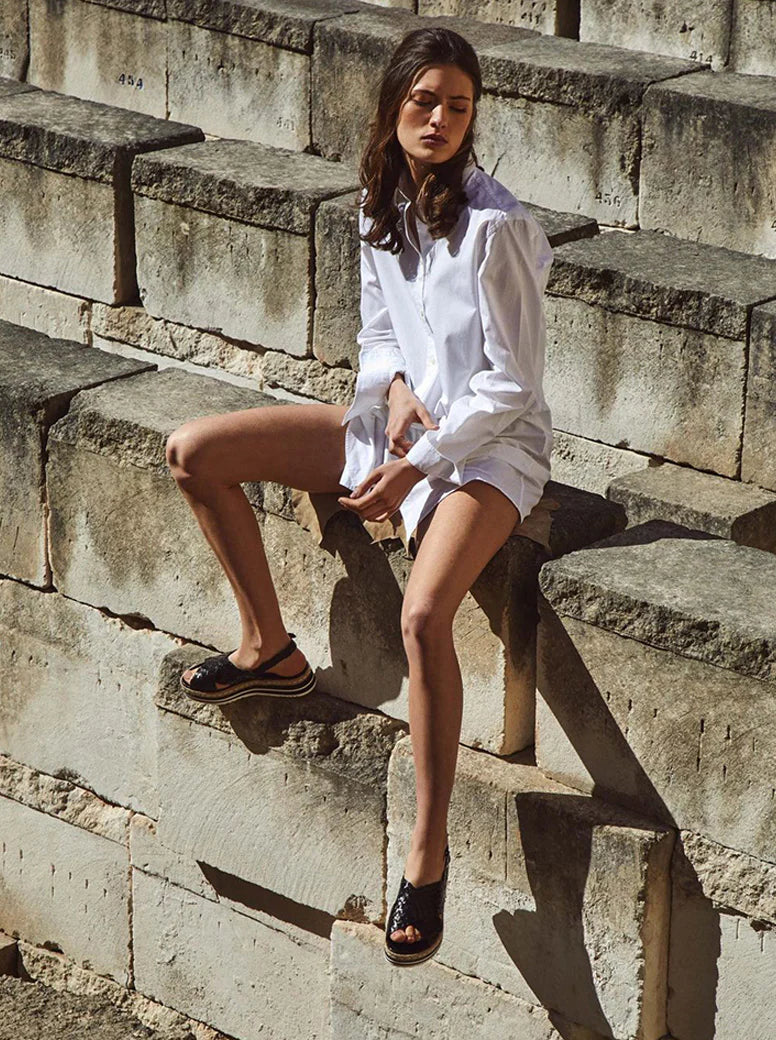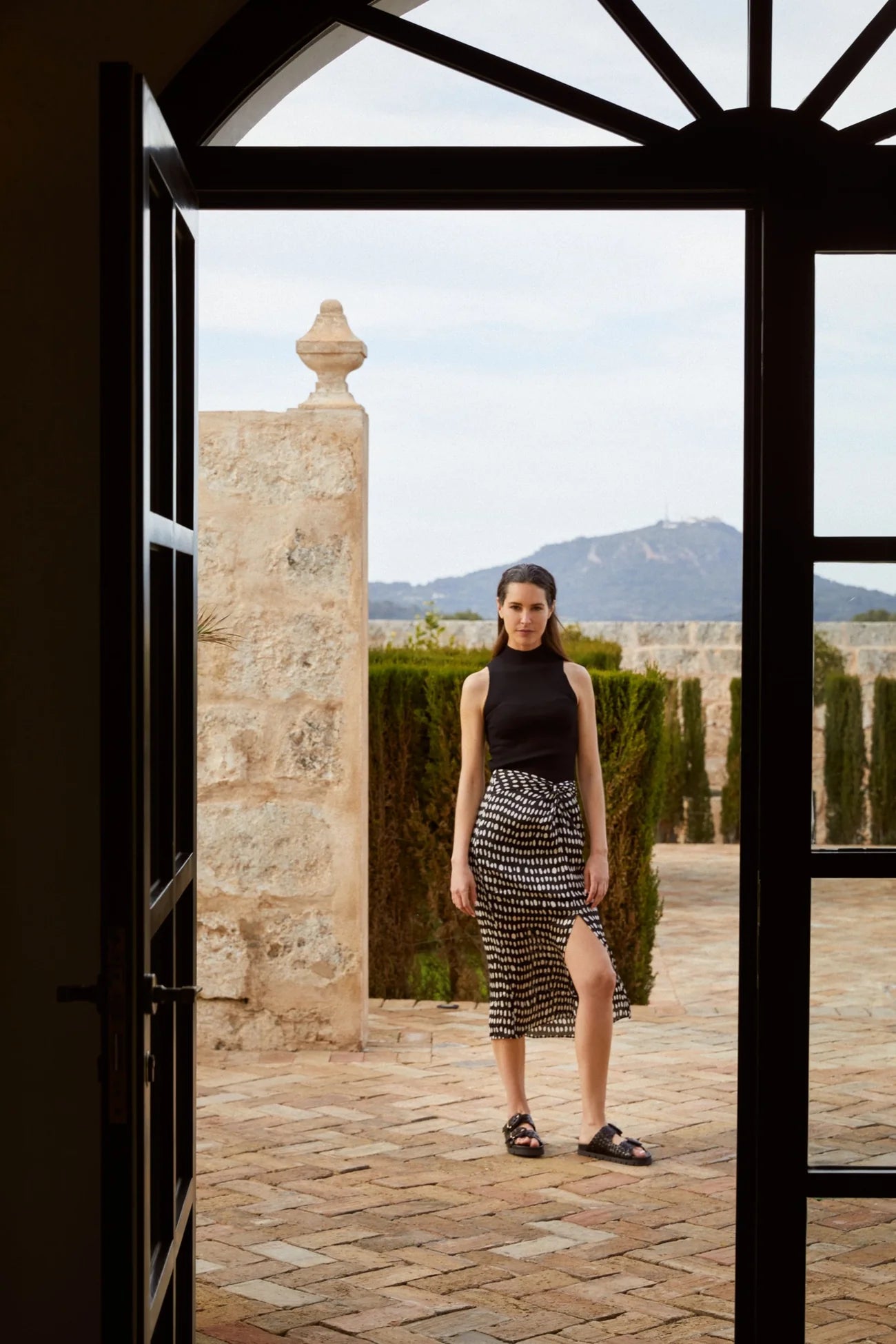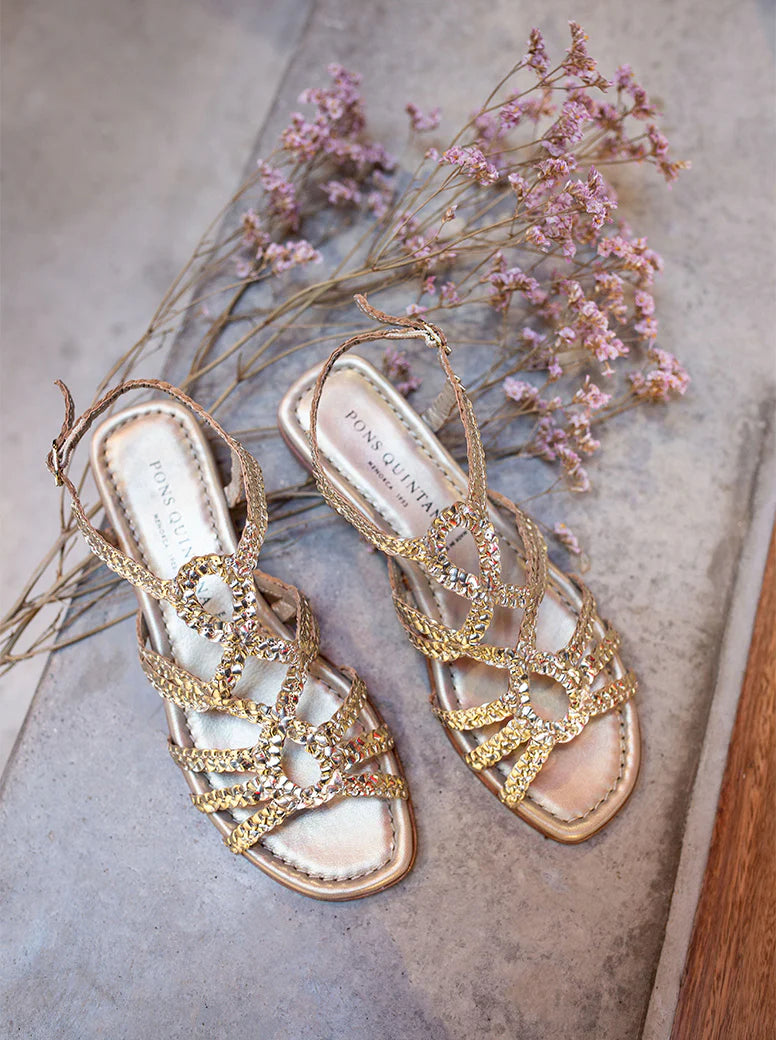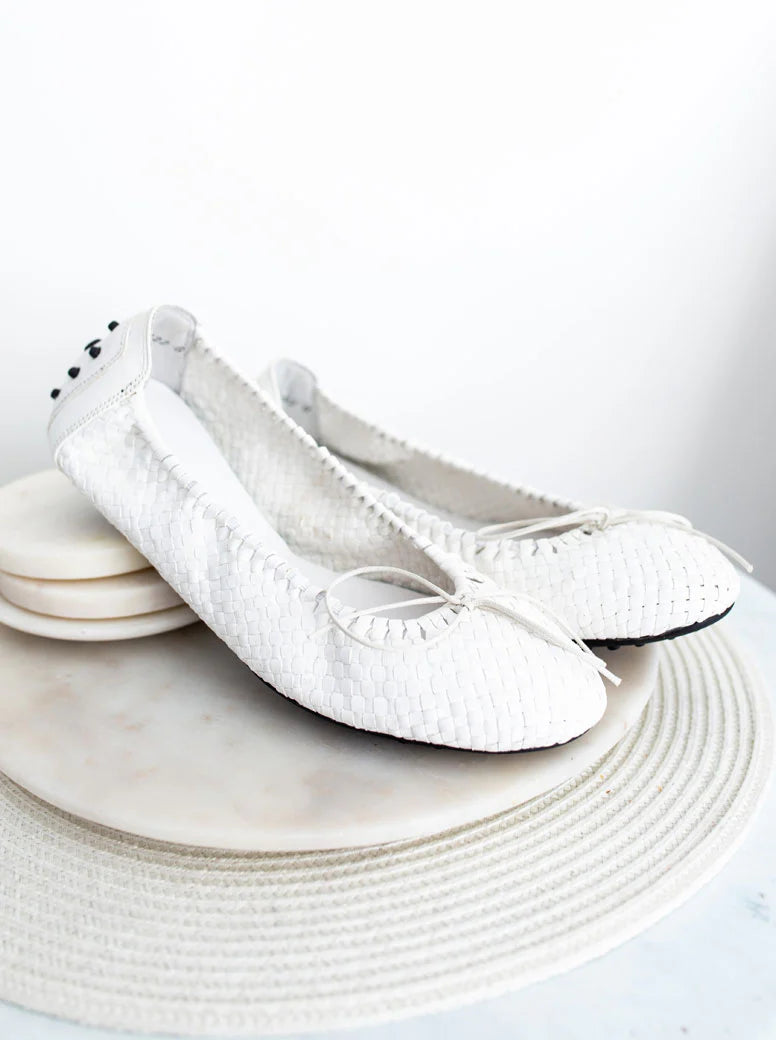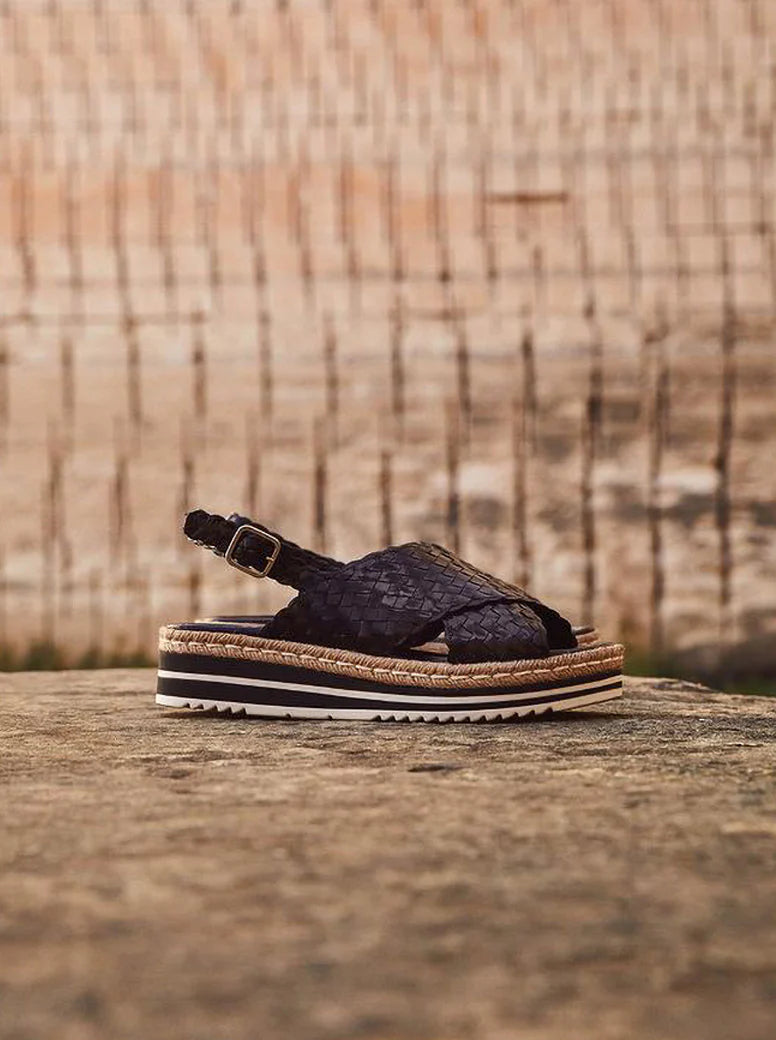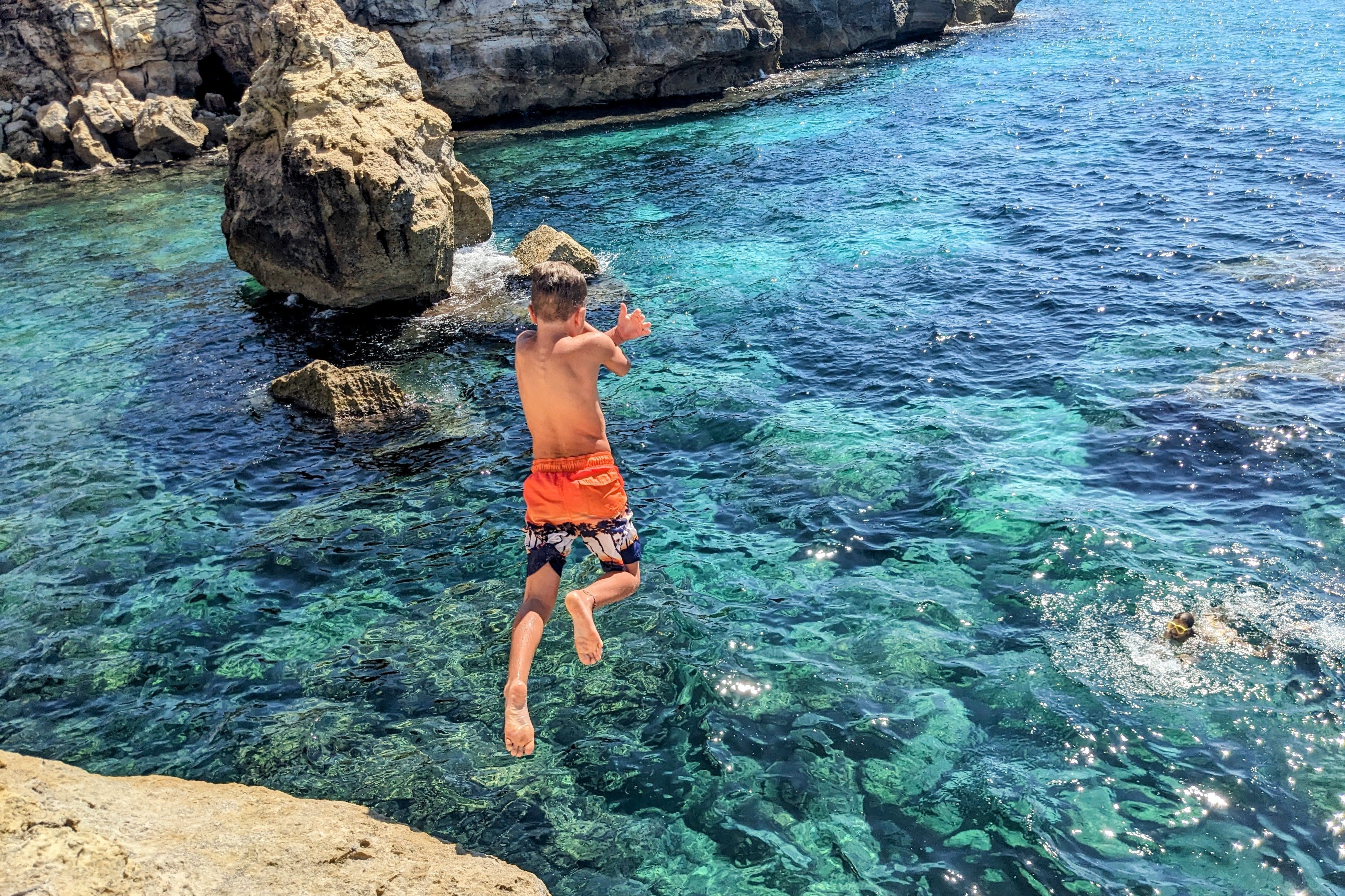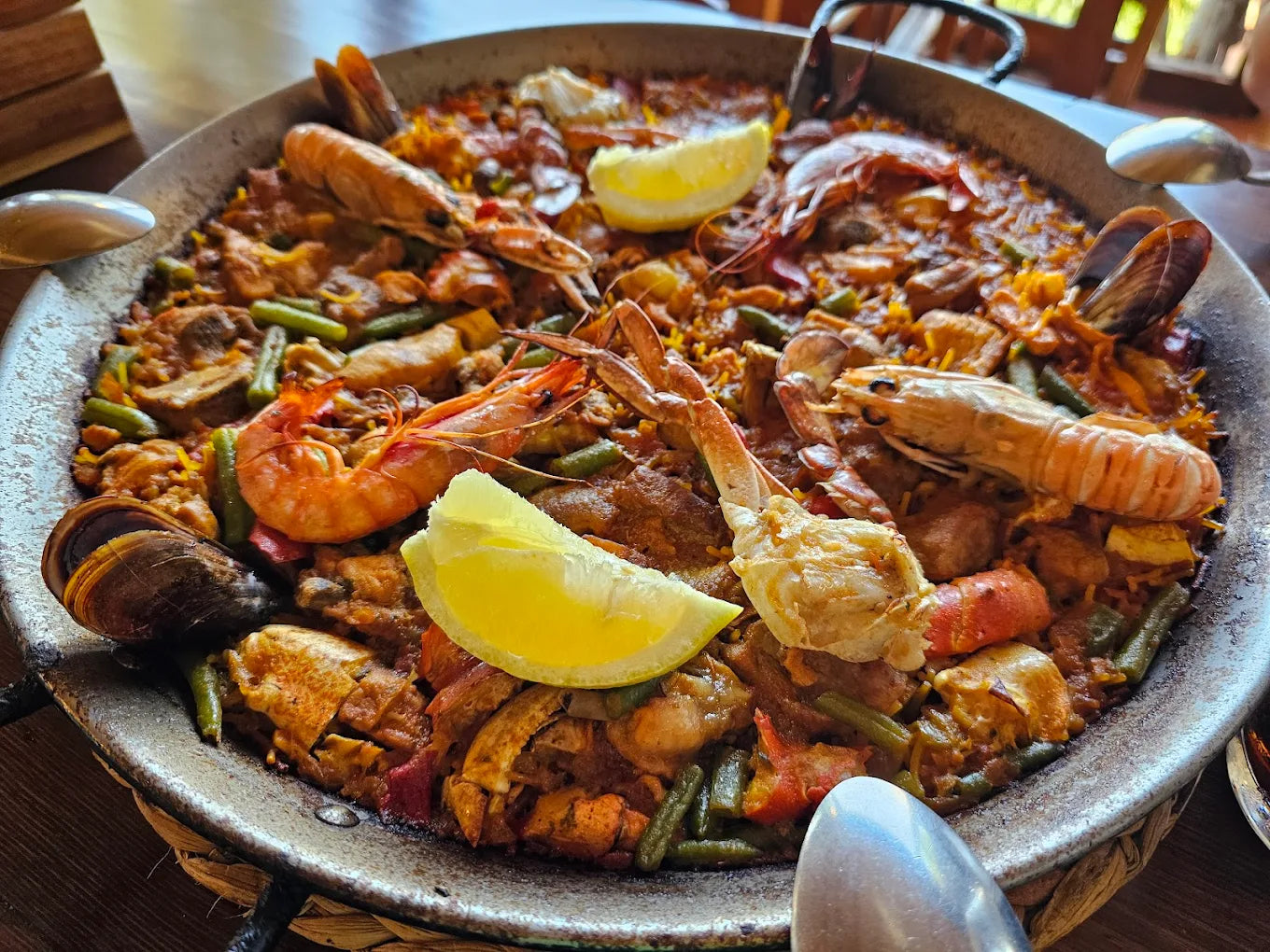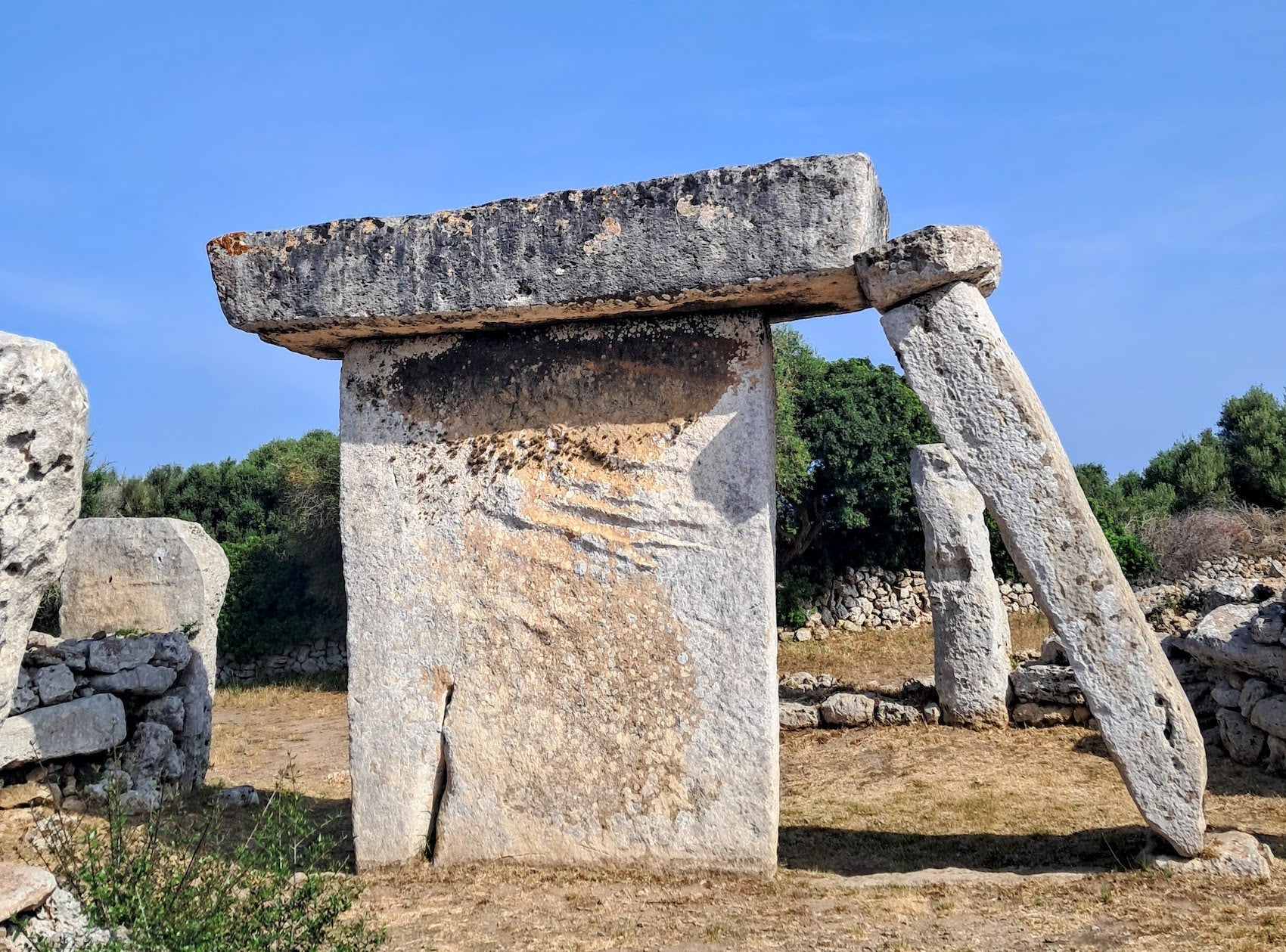What to do in nature in Menorca?
Menorca is not just another Mediterranean escape—it is a living, breathing sanctuary where nature, history, and tradition are preserved with rare devotion. This is an island that has quietly resisted the rapid march of overdevelopment, choosing instead to celebrate its unspoiled landscapes, fertile farmlands, and crystalline seas. For the traveler seeking not only beauty but authenticity, Menorca offers an experience like no other: a chance to witness the Mediterranean as it once was—and still is.

A Biosphere Reserve Born from Island Wisdom
In 1993, UNESCO recognized Menorca’s extraordinary natural balance by declaring it a Biosphere Reserve, a title that speaks to the island’s deep-rooted respect for conservation. This honor was no accident; Menorca’s people have long been stewards of their land and sea, understanding that their future is tied to the health of their environment.
The reserve spans the entire island, from the rolling agricultural interior—where dry-stone walls crisscross golden fields—to the rugged northern coast and beyond, reaching far into the surrounding marine territory. In fact, in 2019, the reserve’s boundaries were extended out to sea, creating one of the largest marine biosphere reserves in the Mediterranean. This expansion protects not only the posidonia seagrass meadows—vital nurseries for marine life—but also dolphins, groupers, and the elusive loggerhead turtle that glide through these waters.
In 2023, Menorca’s prehistoric Talayotic monuments were inscribed as a UNESCO World Heritage Site, adding yet another layer to the island’s rich heritage. Here, natural and cultural treasures coexist, each amplifying the other’s significance.
Land of Bounty: From Red Soils to Stone Corrals
Away from the beaches, Menorca’s land tells a quieter story of abundance and care. The red soils of the north give life to aromatic herbs, while the south’s limestone plains nurture olive groves and pastures that feed the herds that create the famed Mahón-Menorca cheese. Traditional farming practices continue to thrive here, with small family-run farms (llocs) producing organic vegetables, artisanal honey, and cured meats using time-honored methods.
A visit to the island is not complete without sampling its bounty: taste the sharp tang of queso Mahón, fresh from the dairy, or sip on a chilled glass of vi de la terra wine while overlooking the pastures where Menorcan cows graze. Many farms welcome visitors, offering tasting tours that connect travelers to Menorca’s agricultural soul.

Above: wild flamingos at the Mongofre reserve on the north of Menorca
Wetlands and Wonders: The Living Heart at Es Grau
The jewel of Menorca’s nature crown is S'Albufera des Grau Natural Park, the heart of the Biosphere Reserve. This mosaic of wetlands, dunes, and woodlands near Es Grau village is a haven for birdwatchers and nature lovers. A wooden boardwalk meanders through the marshes, offering intimate encounters with egrets, herons, and the rare Balearic warbler flitting among the reeds.
Walking the trail here is like stepping into a quieter world, where the only sounds are the whisper of the wind through tamarisk trees and the soft splash of coots paddling in the shallows. At dawn and dusk, the park glows with golden light—a photographer’s dream and a balm for the soul.
Sea Adventures: Snorkeling, Diving, and the Underwater Realm
Menorca’s marine world is as spectacular as its landscapes above. The extension of the Biosphere Reserve into the sea has safeguarded vibrant underwater ecosystems, making the island a premier destination for snorkeling and diving.
The marine reserve at the northern coast, particularly around the Reserva Marina del Norte de Menorca, offers some of the Mediterranean’s best dive sites. Here, underwater caves, arches, and reefs shelter an abundance of marine life: shoals of barracuda shimmer in the blue, octopuses dart among the rocks, and colorful nudibranchs adorn the seafloor like living jewels.
For those who prefer to stay closer to the surface, the calm, shallow waters of Cala Morell and Cala Macarella provide good conditions for snorkeling, with posidonia meadows teeming with fish just meters from the shore.

Experiencing Menorca’s Natural Rhythm
What makes Menorca special is not only the richness of its environment but the way in which visitors can engage with it—gently, respectfully, and joyfully.
Stroll the Cami de Cavalls as it skirts untouched coves and crosses through private farmland restored for public enjoyment. Paddle a kayak through the sea caves of Cala en Porter, where light filters through in aquamarine shafts. Saddle up on a Menorquín horse and ride the trails that connect coast and countryside. Or simply sit at a chiringuito at Sant Tomas after a day’s hike, savoring grilled seafood as the sun dips into the sea.
An Island That Preserves Its Soul
In Menorca, every footstep, paddle stroke, or snorkel dive is an invitation to witness a rare harmony—where nature is not an attraction but the island’s enduring identity. Thanks to decades of conservation, from the UNESCO Biosphere designation to the recent World Heritage listing, Menorca stands today as a model for sustainable tourism in the Mediterranean.
Come to Menorca not just to see its beauty, but to feel it: in the salt air, the scent of rosemary on the wind, the golden glow of sunset over stone walls. This is the Mediterranean, preserved—and it welcomes you.


